Home>Garden Essentials>How Long Does It Take Herbs To Germinate
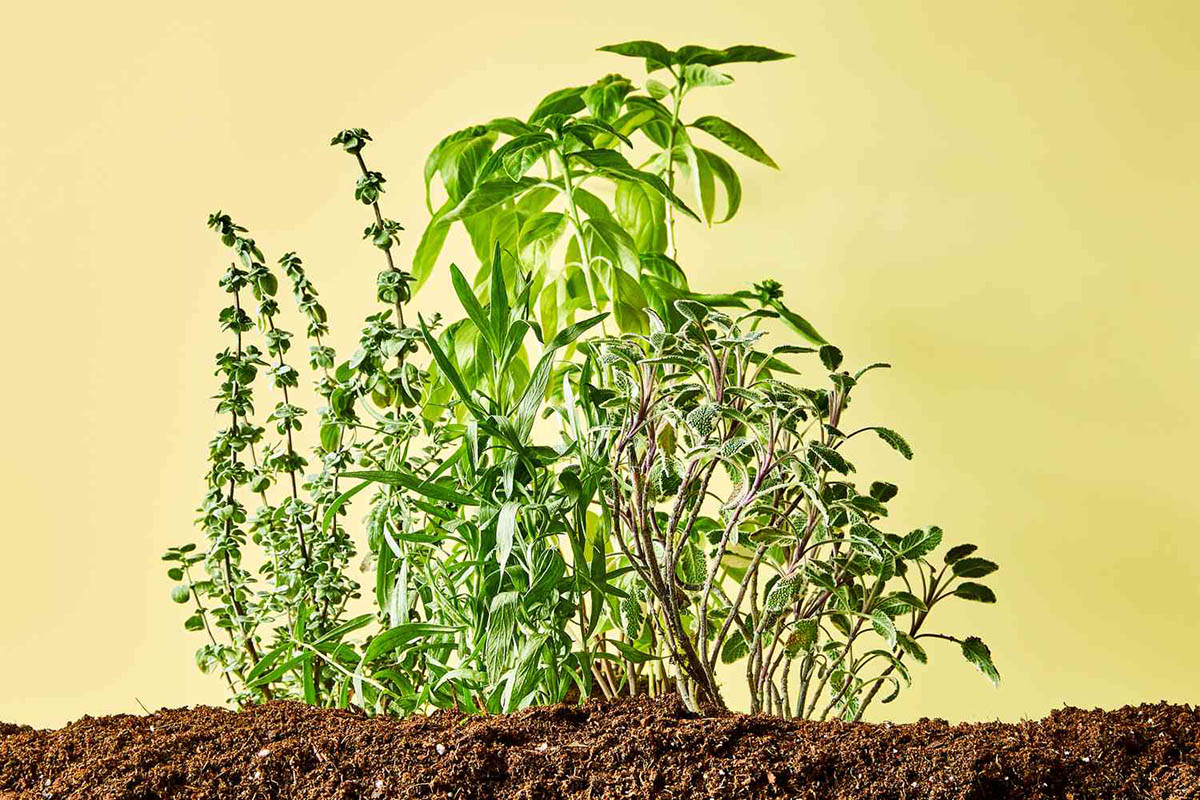

Garden Essentials
How Long Does It Take Herbs To Germinate
Modified: March 15, 2024
Discover how long it takes for garden herbs to germinate and start growing with helpful tips and insights. Plan your garden accordingly and enjoy the fruits of your labor!
(Many of the links in this article redirect to a specific reviewed product. Your purchase of these products through affiliate links helps to generate commission for Storables.com, at no extra cost. Learn more)
Introduction
Growing herbs is a rewarding and fulfilling experience for garden enthusiasts. Whether you have a spacious garden or a small balcony, herbs can easily be grown in pots or containers, making them accessible to everyone. One important aspect of herb gardening is germination, which is the process of a seed sprouting into a plant.
The germination time of herbs can vary depending on several factors, including the type of herb, environmental conditions, and seed quality. Understanding these factors and having a good knowledge of germination times will help you plan and manage your herb garden more effectively.
In this article, we will explore the factors that affect germination time, popular herbs and their germination times, and provide some tips for successful germination. We will also highlight common mistakes to avoid to ensure a successful herb gardening experience.
Key Takeaways:
- Patience is key when germinating herbs. Factors like temperature, moisture, and seed quality affect germination time. Understanding these factors and following tips can lead to a successful herb garden.
- Avoid common mistakes like overwatering, underwatering, and improper temperature to increase the likelihood of successful seed germination. Follow specific instructions for each herb and celebrate the sprouting of your herbs.
Factors Affecting Germination Time
Several factors can influence the germination time of herbs. By understanding these factors, you can create optimal conditions for your herbs to sprout and grow. Here are some key factors to consider:
- Temperature: Temperature plays a vital role in seed germination. Most herbs prefer a temperature range between 65°F (18°C) and 75°F (24°C). Warmer temperatures can shorten germination time, while cooler temperatures can prolong it.
- Moisture: Adequate moisture is essential for seeds to germinate. Too much water can drown the seeds, while too little can inhibit germination. It’s important to keep the soil consistently moist but not waterlogged.
- Light: While some herbs require exposure to light to germinate, others prefer darkness. Always refer to the specific germination requirements of each herb you are growing. If light is necessary, provide a light source or place the seeds near a sunny window.
- Soil Quality: The quality of the soil you use can impact germination time. Ensure that the soil is well-draining and rich in organic matter. A loose and fertile soil will provide a favorable environment for the seeds to sprout.
- Seed Quality: The quality and viability of the seeds play a significant role in germination time. It’s important to purchase fresh, high-quality seeds from a reputable supplier. Older seeds or those that have been improperly stored may have reduced germination rates.
- Seed Soaking and Scarification: Some herb seeds have hard outer coats that can hinder germination. Pre-soaking the seeds in water or gently scratching the surface of the seed coat through a process called scarification can help expedite germination.
- Seed Stratification: Certain herbs, especially those native to colder climates, require a period of cold stratification to break dormancy. This mimics the natural winter conditions and can be achieved by refrigerating the seeds for a specific period before planting.
By taking these factors into consideration and providing the optimal conditions for germination, you can greatly increase the chances of successful seed sprouting.
Popular Herbs and Their Germination Times
Each herb has its own unique germination time, and understanding these timelines can help you plan your herb garden and know what to expect. Here are some popular herbs and their germination times:
- Basil: Basil is a popular herb with a relatively short germination time of 5-10 days. It thrives in warm temperatures and requires adequate sunlight to sprout.
- Parsley: Parsley takes a bit longer to germinate, usually around 15-30 days. It prefers cooler temperatures and may benefit from a period of refrigeration before planting.
- Mint: Mint is known for its rapid growth and quick germination. It typically sprouts within 5-10 days and prefers moist soil and partial shade.
- Dill: Dill seeds usually take around 7-14 days to germinate. They prefer full sun and well-draining soil.
- Cilantro: Cilantro seeds have a longer germination time of around 7-21 days. They appreciate cooler temperatures and require consistent moisture for successful sprouting.
- Thyme: Thyme seeds may take 14-21 days to germinate. They prefer well-draining soil and full sun.
- Oregano: Oregano seeds may take slightly longer, around 10-21 days, to germinate. They prefer warm temperatures and well-drained soil.
- Rosemary: Rosemary has a longer germination time, ranging from 14-30 days. It requires warm temperatures and well-drained soil.
These are just a few examples, and germination times can vary within each herb species. It’s important to refer to the specific instructions on the seed packets or do some research to determine the germination times of the herbs you are planning to grow.
Most herbs take 7-21 days to germinate. Keep the soil consistently moist and provide warmth and light for best results.
Tips for Successful Germination
To ensure successful germination of your herbs, here are some valuable tips to keep in mind:
- Start with high-quality seeds: Choose fresh, high-quality seeds from a reputable supplier. Check the expiration date and look for seeds that are well-packaged and free from damage or signs of moisture.
- Follow the instructions: Pay close attention to the seed packets or any specific instructions provided by the supplier. Different herbs may have different requirements for optimal germination, including temperature, light exposure, and soil moisture levels.
- Pre-soak or scarify seeds if needed: Some herb seeds benefit from pre-soaking in water or scarification to help speed up germination. If the seed coat is hard or thick, soaking the seeds overnight or gently scratching the surface of the seed coat can improve germination rates.
- Provide the right growing conditions: Create an environment that is conducive to seed germination. Monitor and maintain the appropriate temperature, moisture levels, and light conditions for the specific herbs you are growing. Consider using a heating mat, grow lights, or a seed starting kit to provide optimal conditions.
- Use a well-draining soil mix: Ensure that the soil you use is well-draining to prevent excess water retention, which can lead to seed rot. Use a seed starting mix or a blend of peat moss, vermiculite, and perlite to provide the ideal texture for seedling development.
- Keep the soil consistently moist: It’s crucial to maintain the right level of moisture for successful germination. Keep the soil consistently moist but avoid overwatering, as this can lead to fungal diseases or drowning the seeds. Use a spray bottle or a misting system to water the seeds gently.
- Provide proper air circulation: Good air circulation is important for preventing the buildup of mold or mildew. Place a small fan near the seedlings to promote air movement or open a nearby window to ensure adequate ventilation.
- Monitor and adjust as needed: Regularly monitor the progress of your seedlings and make any necessary adjustments to the growing conditions. This may include adjusting the temperature, providing additional light, or adjusting the moisture levels. Keeping a close eye on your seedlings will help prevent any issues from escalating.
By following these tips, you can increase the chances of successful germination and ensure that your herb garden gets off to a healthy and productive start.
Common Mistakes to Avoid
When it comes to germinating herbs, there are a few common mistakes that can hinder the process. By being aware of these mistakes, you can avoid them and increase the likelihood of successful seed germination. Here are some common mistakes to watch out for:
- Overwatering: One of the most common mistakes is overwatering the seeds. Excessive moisture can lead to seed rot or the development of fungal diseases. Instead, aim for consistent moisture levels by lightly misting the soil and allowing it to dry slightly between waterings.
- Underwatering: On the flip side, not providing enough water can also impede germination. It’s important to strike a balance and ensure that the soil stays slightly moist throughout the germination process.
- Not providing the right temperature: Temperature plays a crucial role in seed germination. If the temperature is too cold, the seeds may not sprout, while excessive heat can inhibit growth. Be sure to provide the optimal temperature range for the specific herbs you are growing.
- Planting seeds too deeply: Planting seeds too deep in the soil can make it difficult for them to sprout. It’s best to follow the instructions on the seed packet and plant the seeds at the recommended depth for optimal germination.
- Using poor quality soil: Using low-quality or heavily compacted soil can hinder germination. Ensure that the soil is well-draining and loose enough to allow the seedlings to establish their roots and grow.
- Not providing adequate light: Some herbs require exposure to light for successful germination. If the seeds require light, ensure they receive enough sunlight or provide supplemental grow lights to promote growth.
- Not thinning seedlings: Once the seedlings have sprouted, it’s important to thin them out if they become overcrowded. Overcrowding can lead to competition for resources and hinder the growth of the individual plants.
- Ignoring seed packet instructions: Each herb has unique germination requirements, and it’s crucial to read and follow the instructions provided on the seed packet. These instructions will guide you on the best practices for successful germination.
By avoiding these common mistakes and adopting good gardening practices, you can maximize the germination success rate and set your herb garden up for a thriving future.
Read more: How Long Does It Take Melons To Germinate
Conclusion
Germinating herbs is an exciting and essential step in the journey of growing your own herb garden. By understanding the factors that affect germination time, knowing the germination times of popular herbs, and following some key tips for success, you can increase the chances of a bountiful and thriving herb garden.
Factors such as temperature, moisture, light, soil quality, and seed viability all play a role in germination time. By providing the optimal conditions for your herbs to sprout, you can significantly improve germination rates and ensure a strong start for your plants.
Knowing the specific germination times of popular herbs can help you plan your herb garden effectively and set realistic expectations. Basil, mint, dill, cilantro, and thyme are just a few examples of herbs with varying germination times. By referring to the information provided on seed packets or doing some research, you can determine the germination times of the herbs you are growing.
To ensure successful germination, it’s essential to follow some helpful tips. Starting with high-quality seeds, following instructions, providing the right growing conditions, and monitoring the progress of your seedlings are key practices for success. Avoiding common mistakes such as overwatering, underwatering, improper temperature, and poor soil quality will also greatly improve germination rates.
Remember, patience is key when it comes to germination. Some herbs may sprout quickly, while others may take longer. Be attentive to the needs of your seedlings, make adjustments as necessary, and celebrate the successful germination of your herbs.
With proper care and attention, your germinated herbs will grow into healthy plants, ready to be harvested and enjoyed in culinary creations, teas, or herbal remedies. So, roll up your sleeves, prepare your garden, and embark on the wonderful journey of herb germination!
Frequently Asked Questions about How Long Does It Take Herbs To Germinate
Was this page helpful?
At Storables.com, we guarantee accurate and reliable information. Our content, validated by Expert Board Contributors, is crafted following stringent Editorial Policies. We're committed to providing you with well-researched, expert-backed insights for all your informational needs.
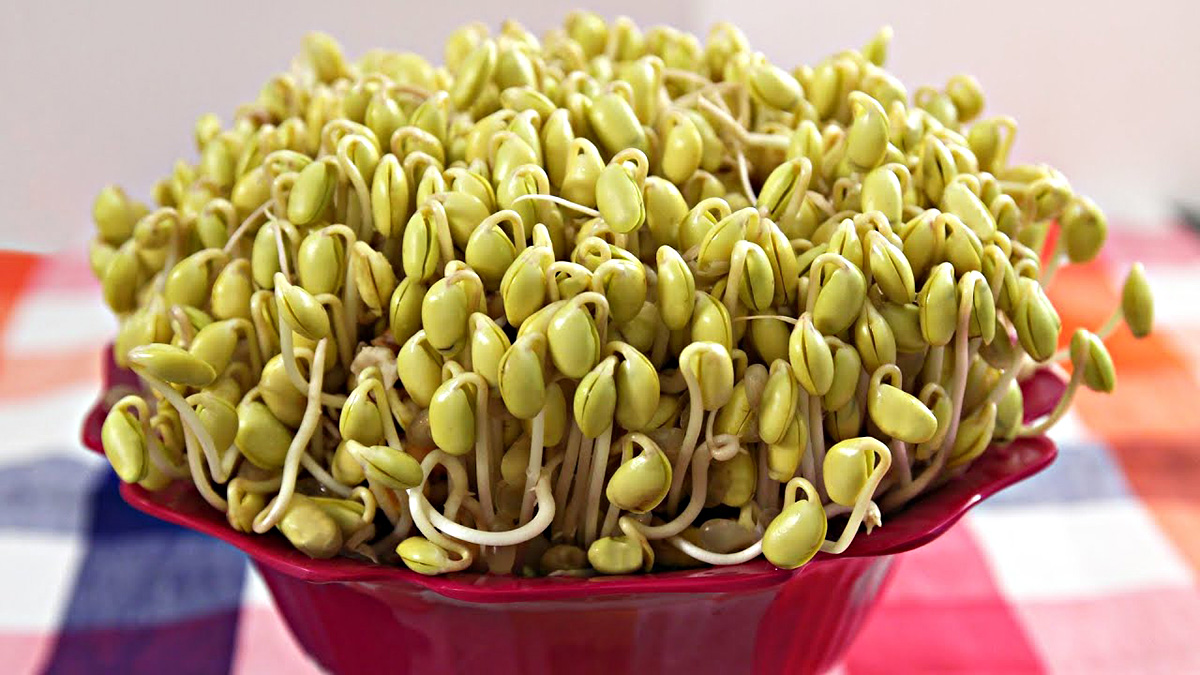
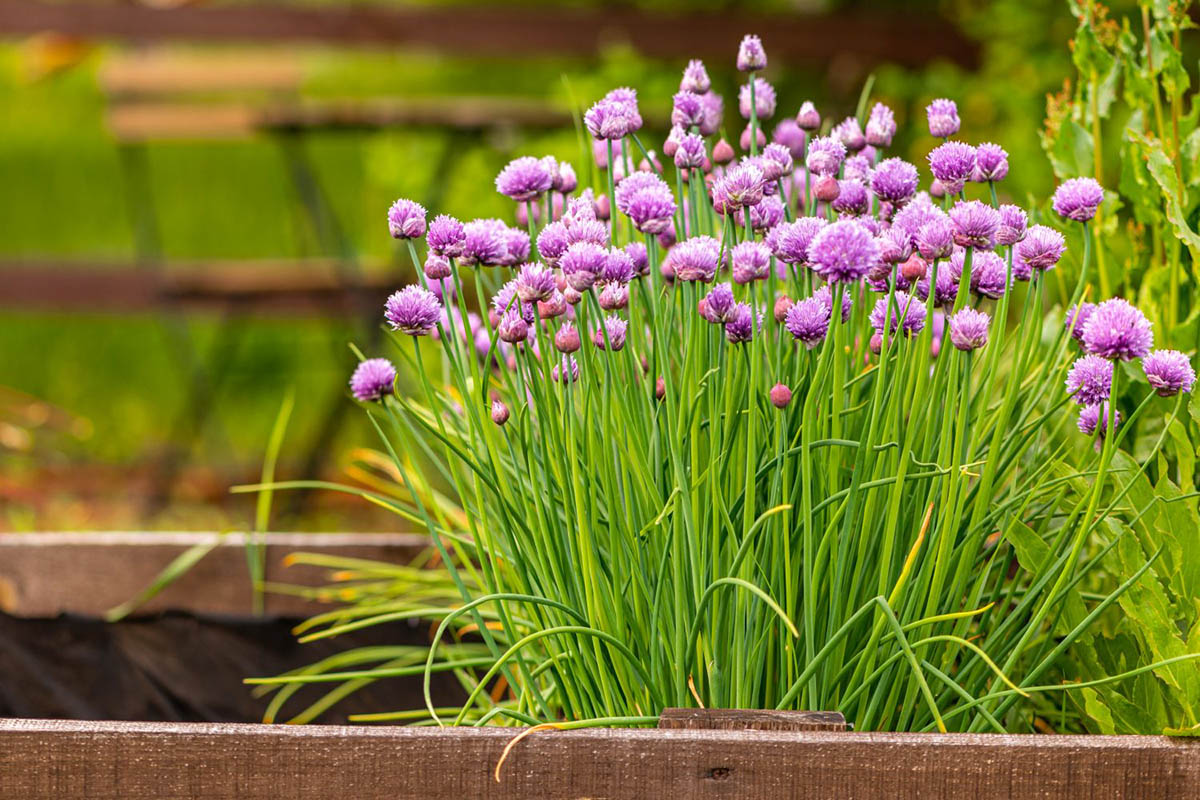
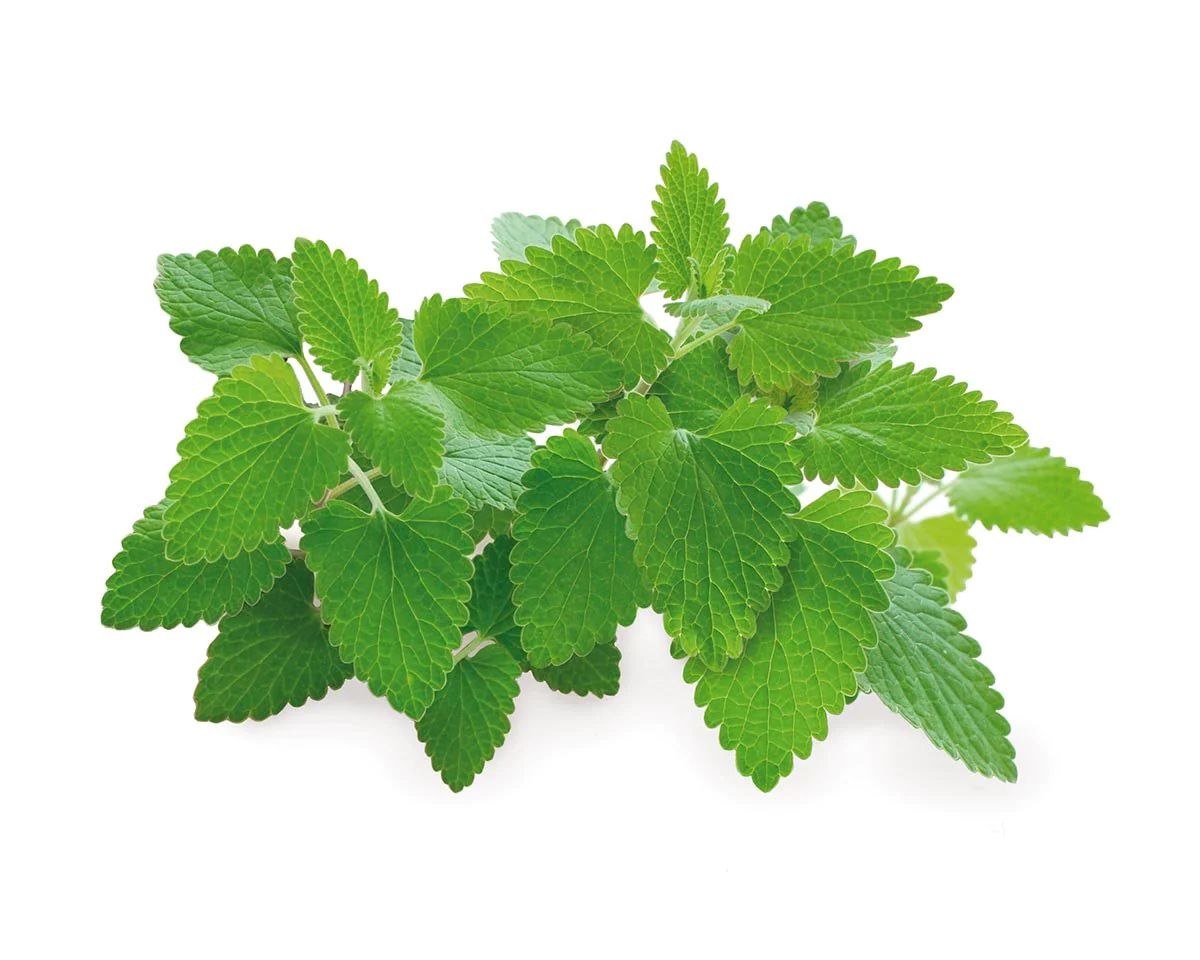
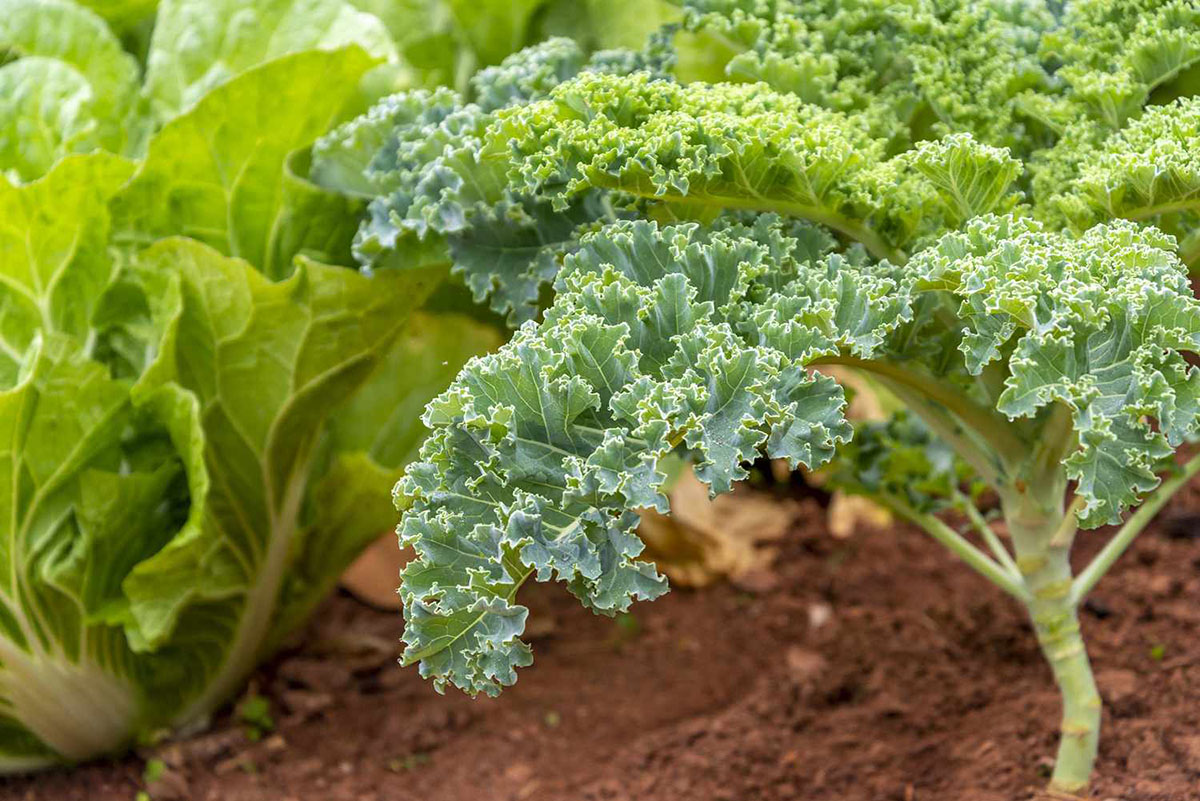
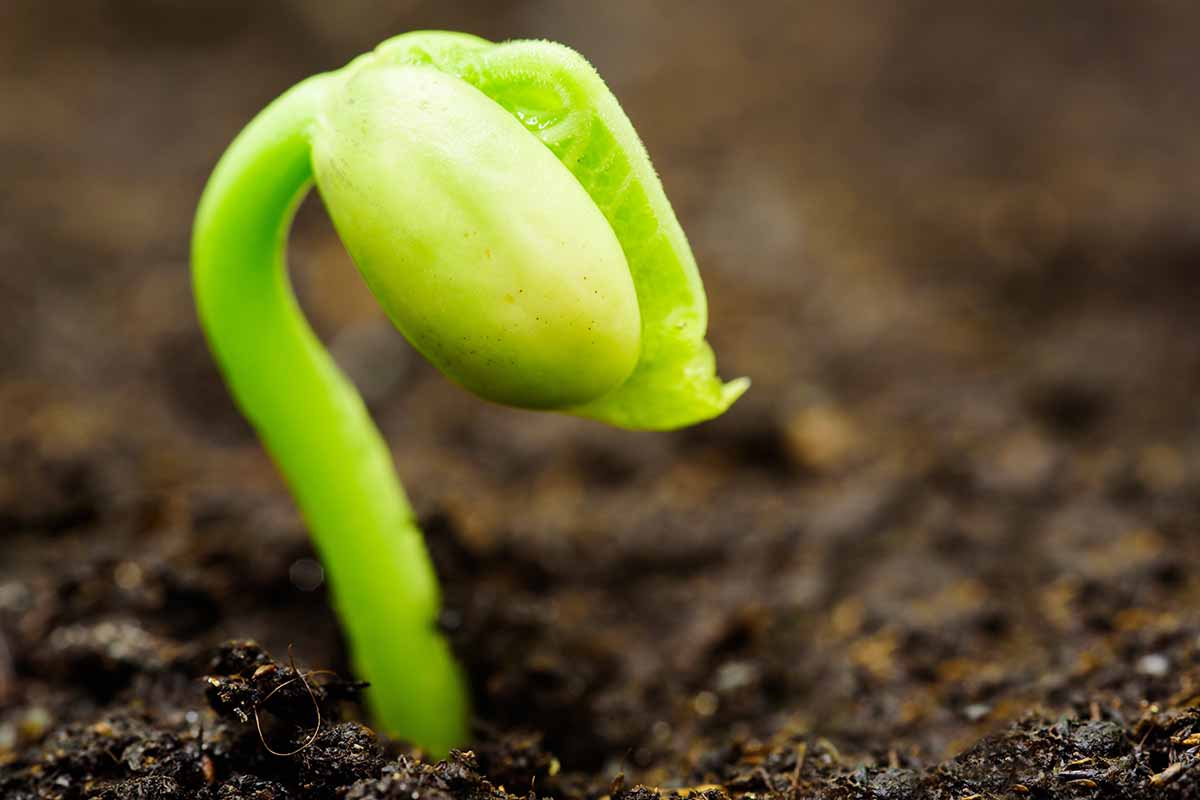
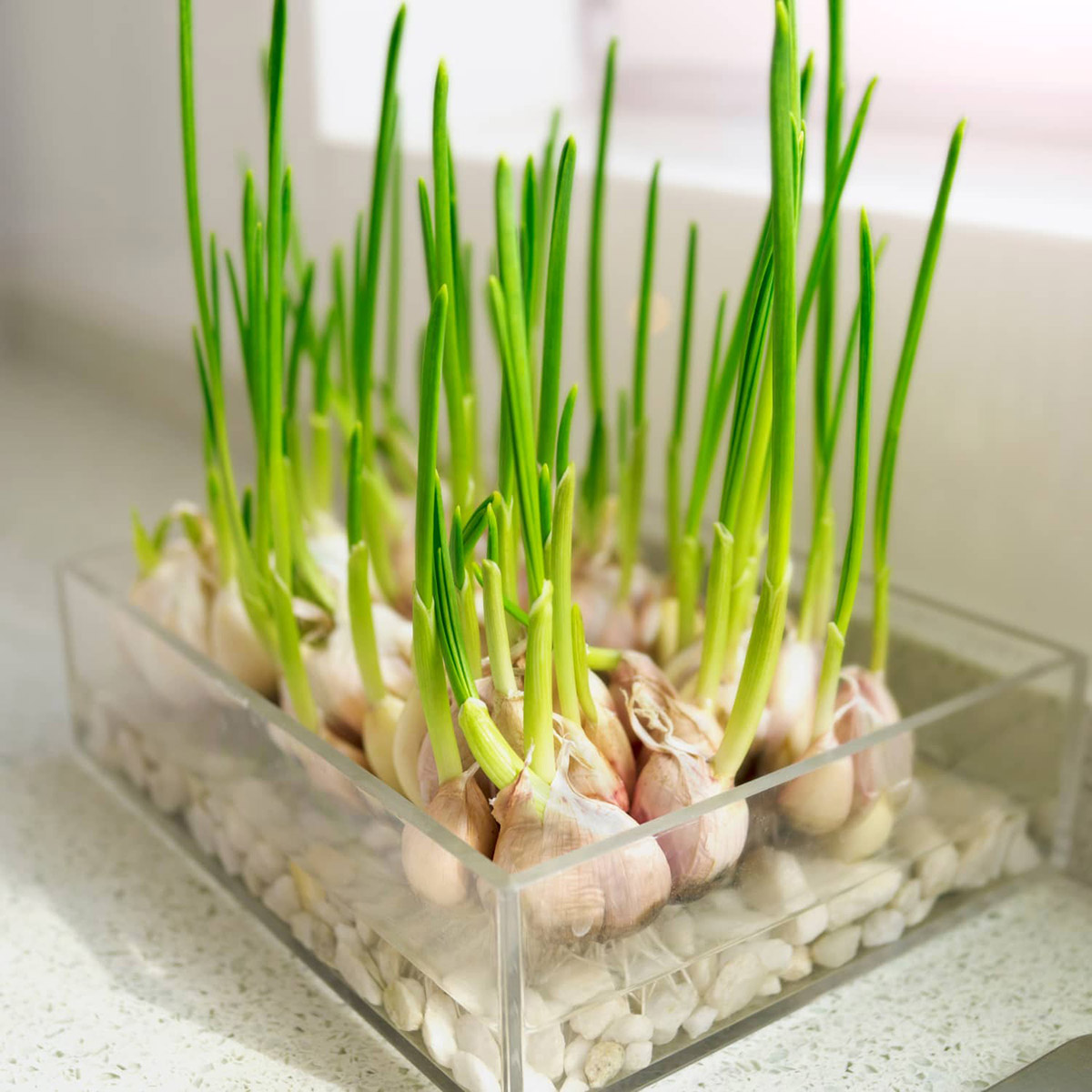
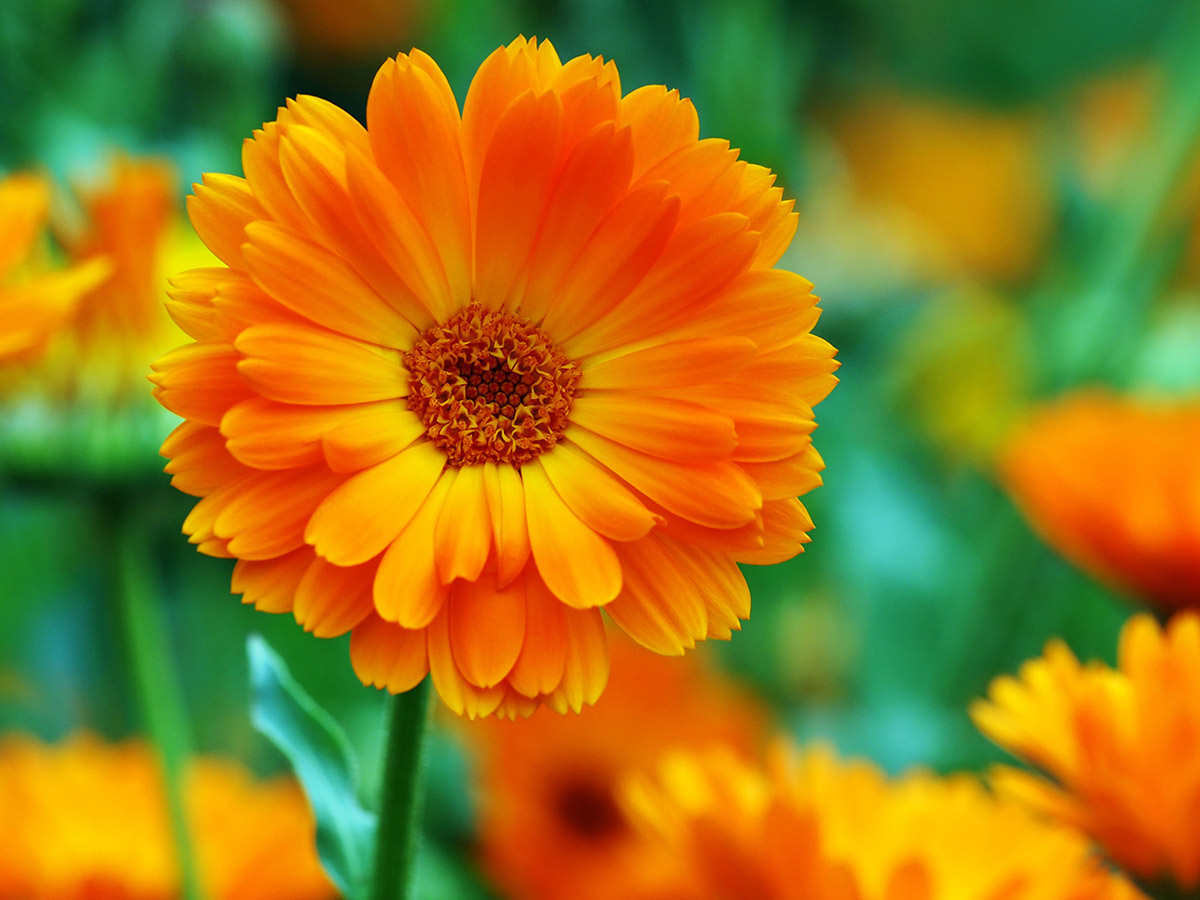
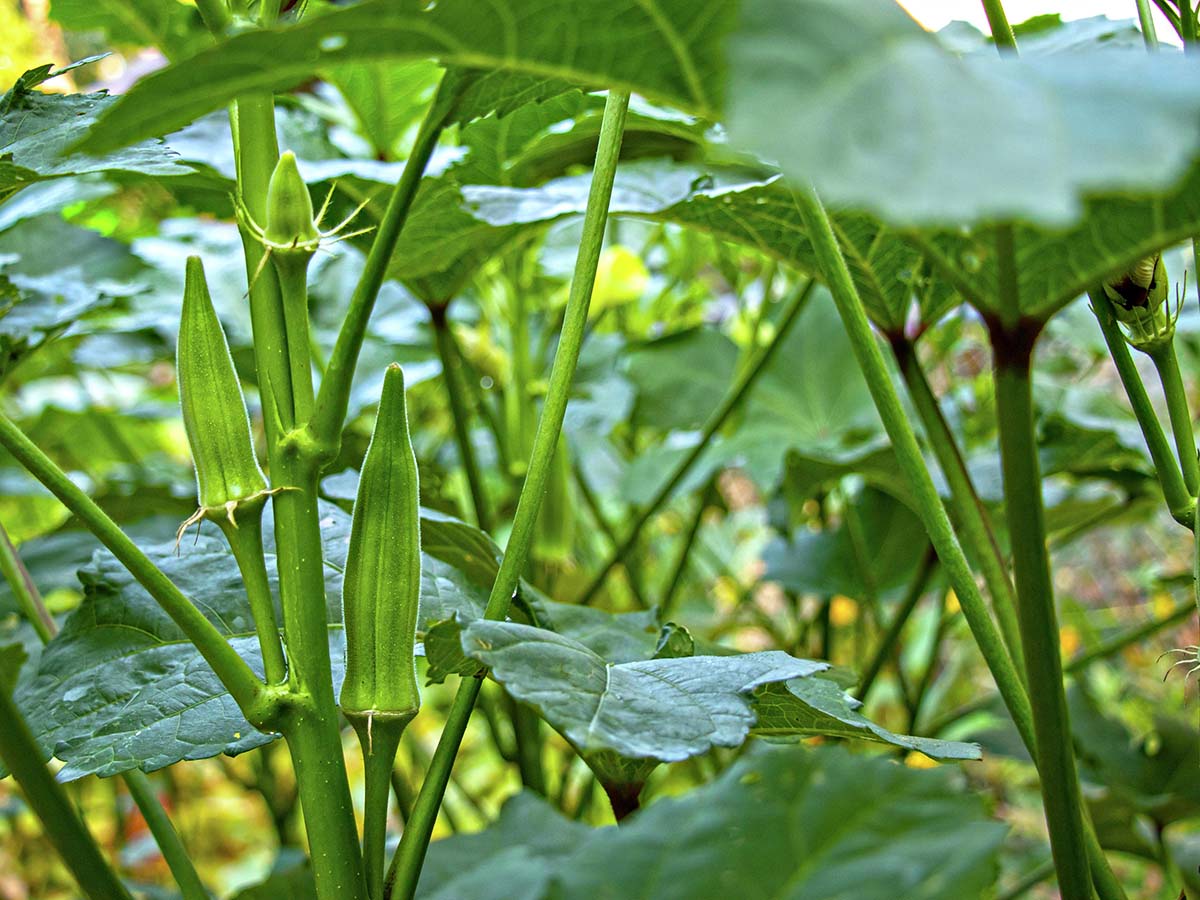
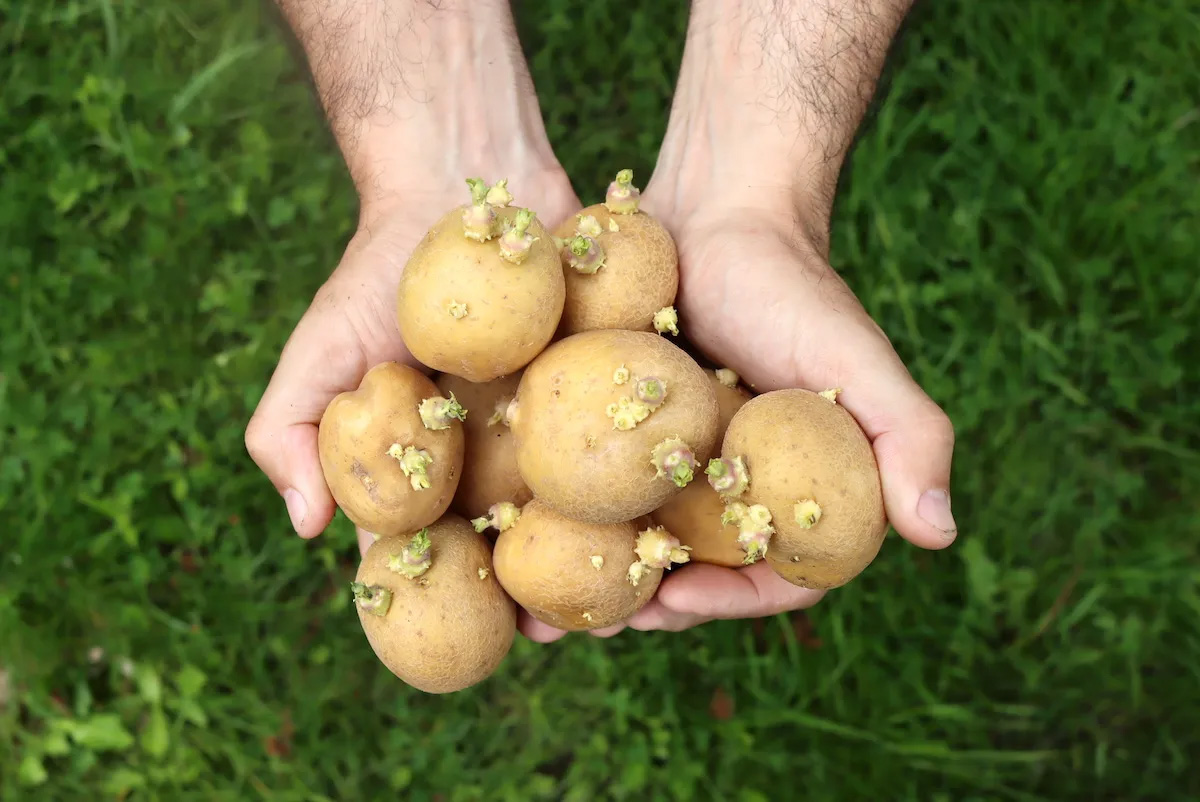
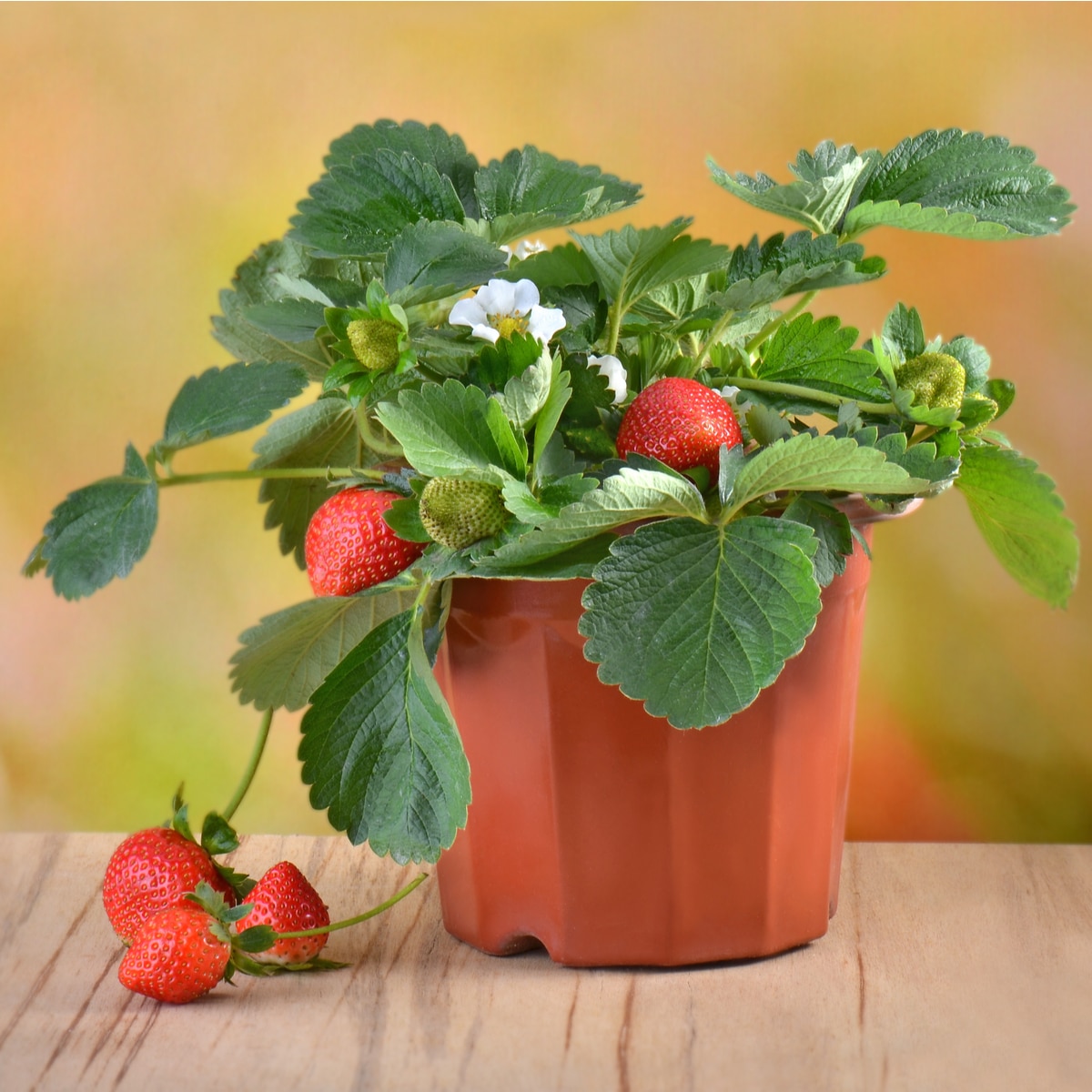
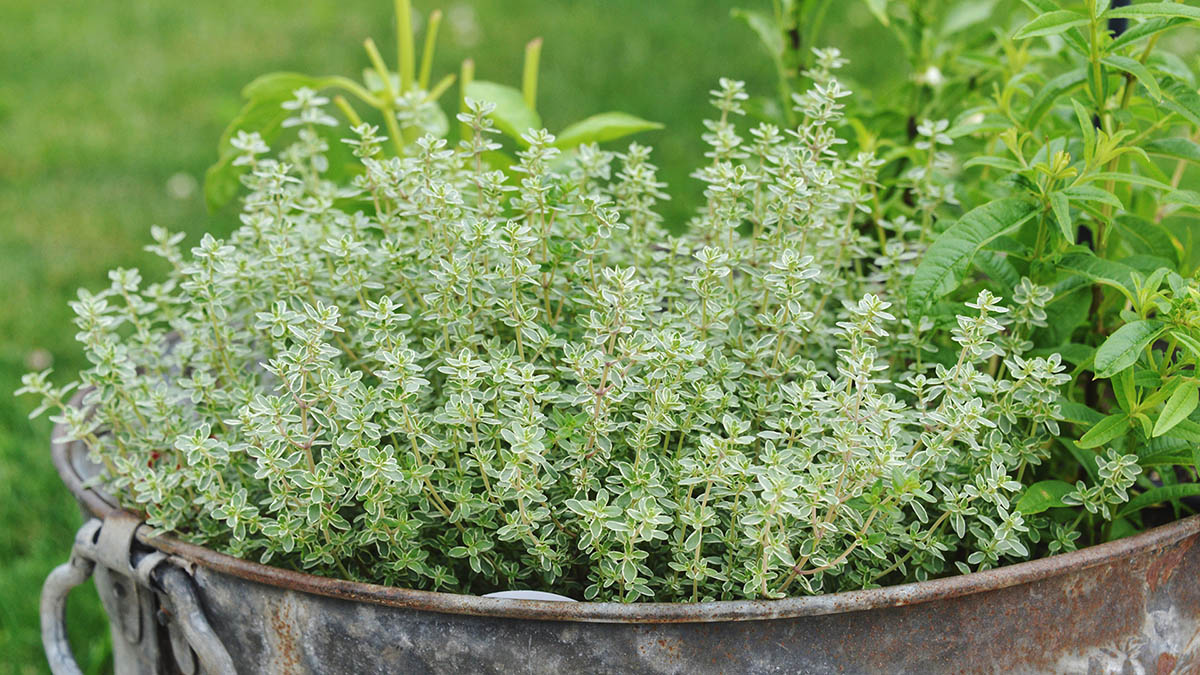
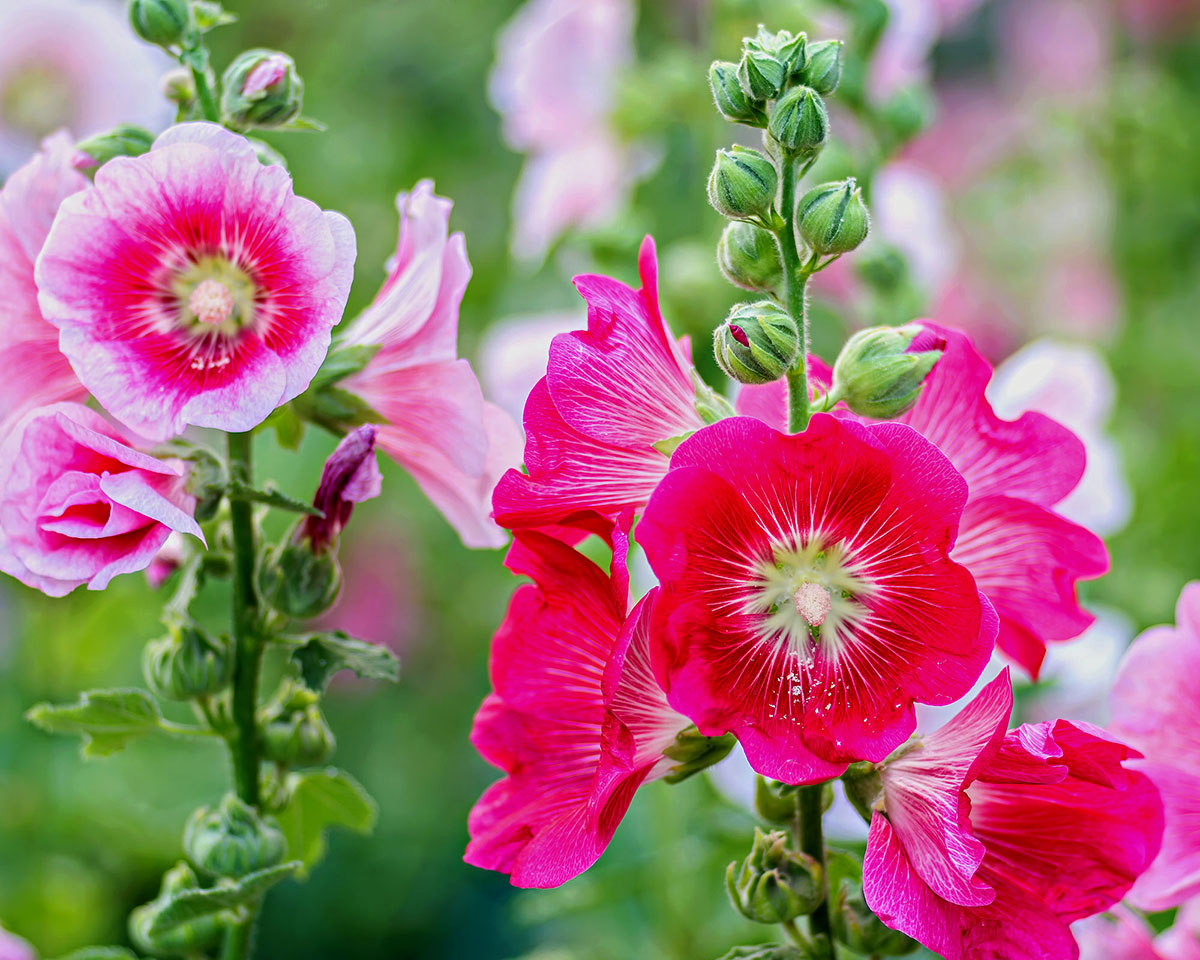
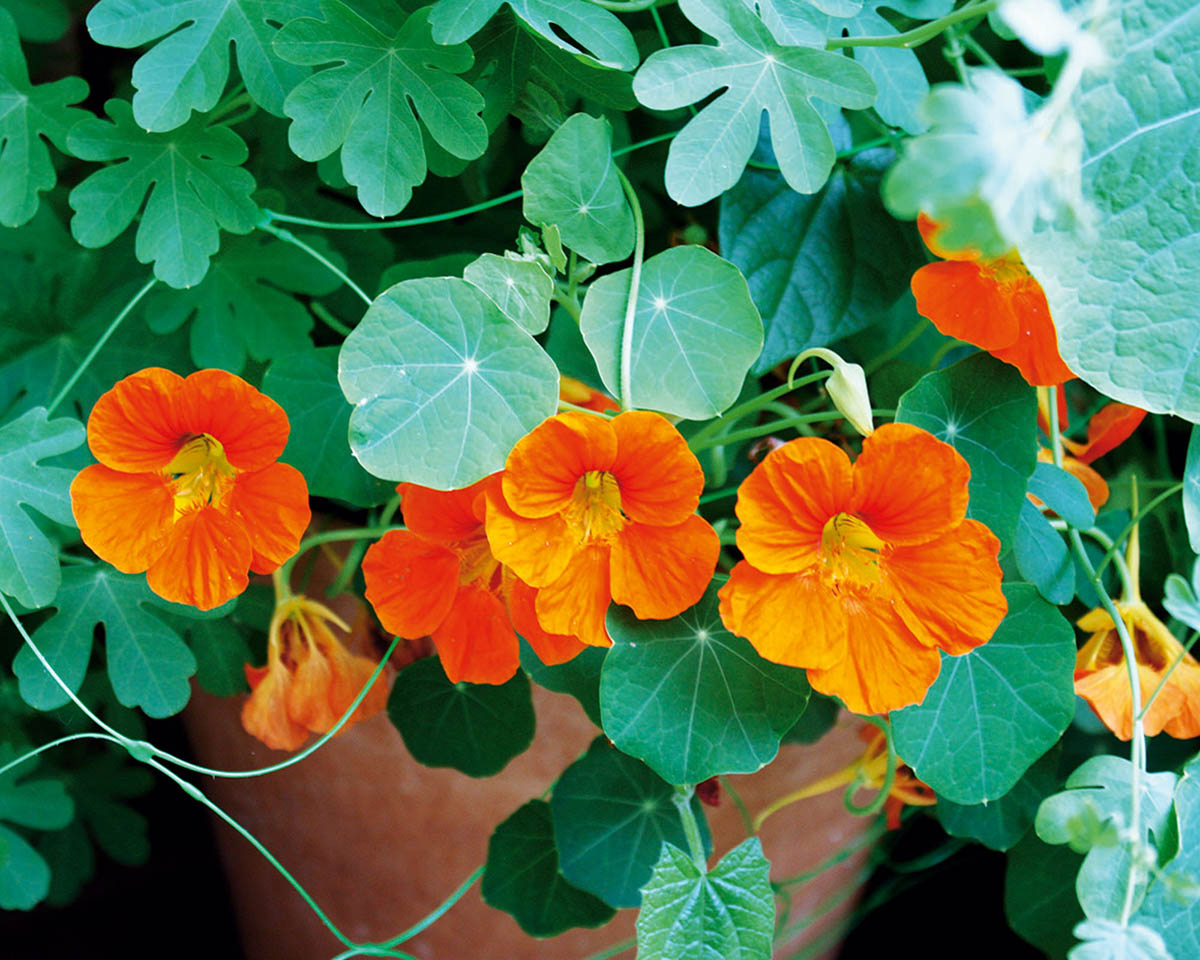
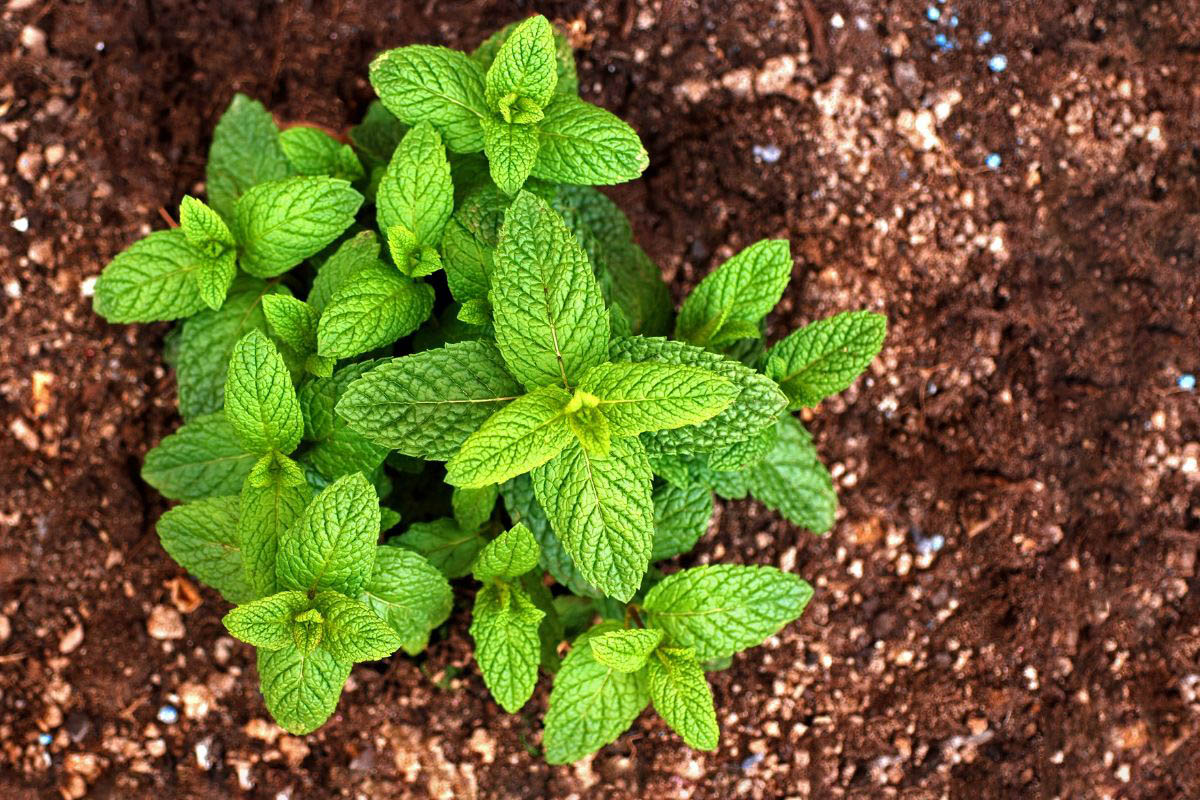

0 thoughts on “How Long Does It Take Herbs To Germinate”